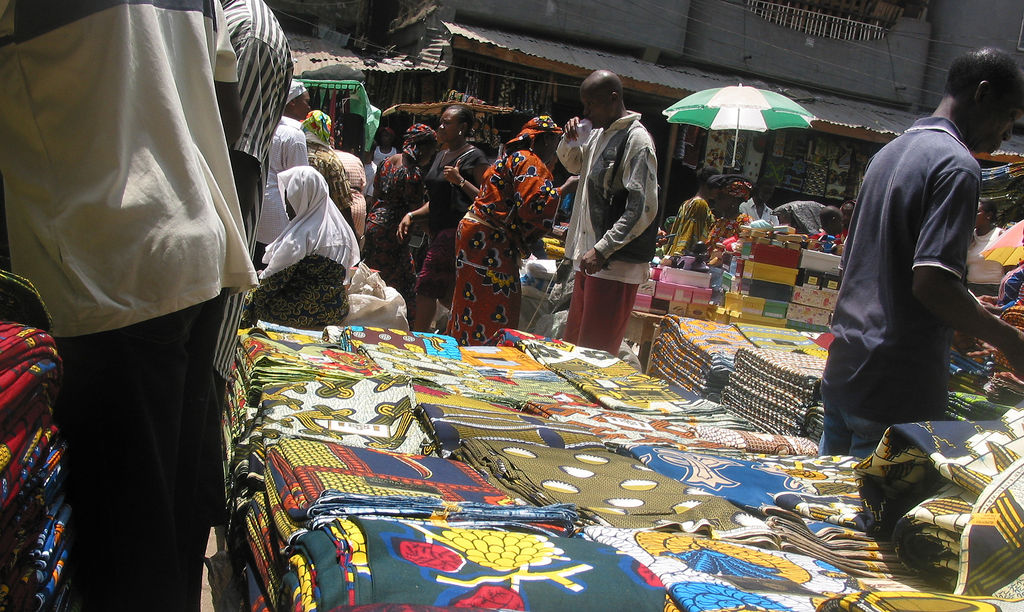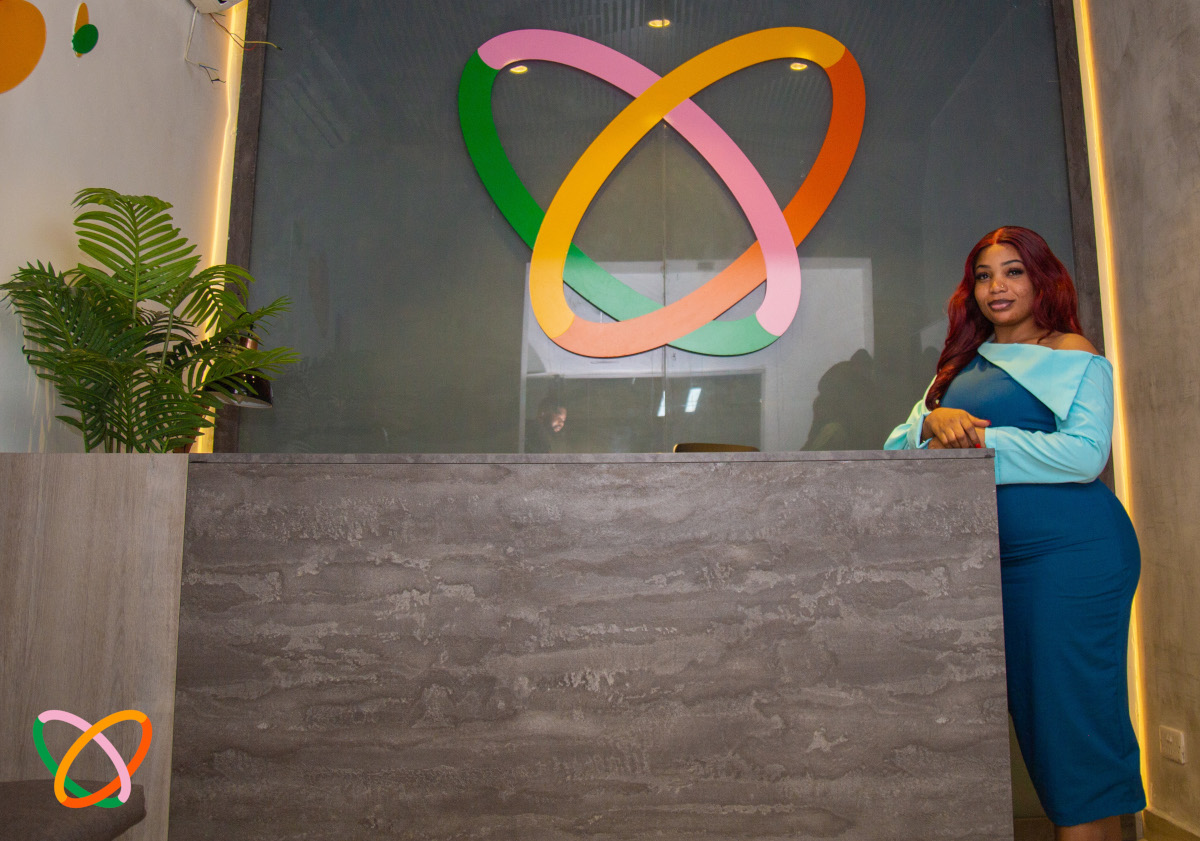Africa-focused digital lending company, Fairmoney, recently expanded its services to Asian economic powerhouse, India. And having reportedly experienced massive growth, it looks to push even further.
Founded in 2017 by Laurin Hainy, CEO; Matthieu Gendreau, CTO; and Nicolas Berthozat (Product co-founder), Fairmoney is currently a licensed lender with plans to make a bigger impact on the financial market. But where did the journey begin?
Hainy began his journey into the fintech world in quite an interesting fashion. An offspring of Nigerian-German parents, Hainy spent most of his childhood in Germany and only paid visits to Edo State, Nigeria. He got to experience Lagos as an adult and learnt how the country works the rough way.
Hainy studied corporate law at The Hague in the Netherlands before working at the Indonesia Stock Exchange.
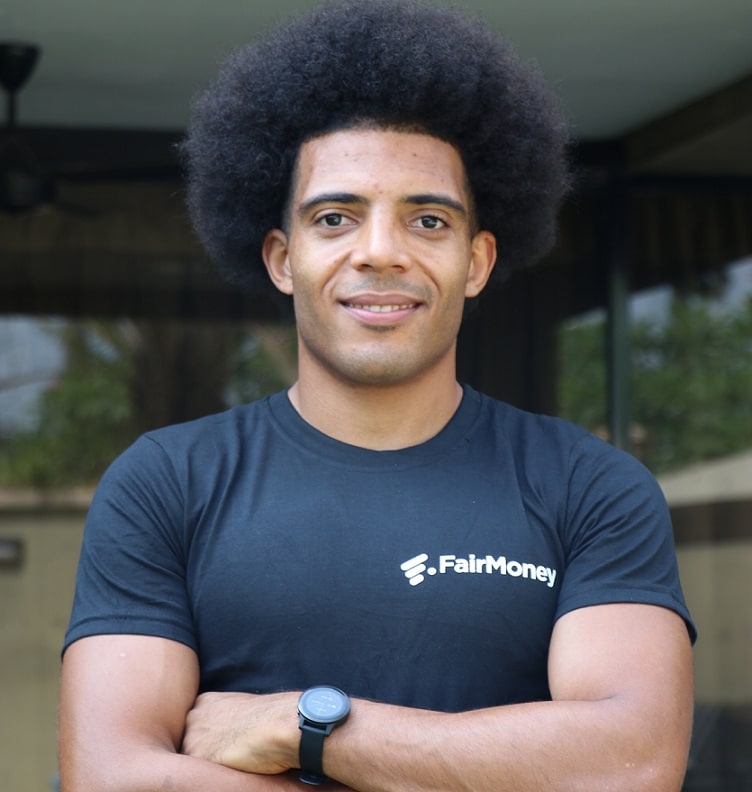
After a few years of working for a consultancy company, Hainy left to launch a food delivery business in Sweden that focused on delivering healthy alternatives to the most common foods on sale.
“You put all your money in a company thinking it’s going to change the world, and you start and find out that nobody cares,” Hainy says.
From then on, he began studying for his masters in France, and on his first day of school, he met and struck a partnership with a guy who had just sold his startup to Booking.com.
“Imagine me, at such a young age, managing a fund of over €20m and funding over 15 companies,” he muses.
Despite achieving what most would call success, Hainy didn’t like Europe’s VC landscape.
“I felt the focus was on just marginal improvement, and not on trying to solve deep problems.”
The big idea

In 2016, Hainy met Gendreau, who was just rounding up his stint as a product manager at a revenue management company, PriceMatch. They had both been observing the development of neobanks in Europe and began to discuss opportunities in that sector.
During a short visit to Nigeria, Hainy lost his SIM card and couldn’t log in to his bank app.
“The experience was annoying and far removed from what is normally obtainable in Europe,” he laments.
According to Hainy, Nigeria, if not Africa, has a long way to go compared to the emerging age of banking in more developed countries. He believes that the challenge of lending in Nigeria is a subset of a larger banking sector problem.
The vision for Fairmoney was and still is, to be a digital bank, but Hainy decided to enter the space through one of its critical points.
“We could surmise that banks make a significant part of their revenue from lending, regardless of type. In Nigeria, traditional banks prefer to lend to the government and very large corporations.”
Several adults in emerging markets have limited access to credit, even in critical sectors. The International Finance Corporation (IFC) estimates that small businesses account for more than half of formal jobs and contributes over 60% to the region’s Gross Domestic Product (GDP).
However, the IFC points out that banks still see these businesses as high risk and lending to this sector is not commonplace. According to the United Nations, small loans given to people could upgrade a micro-enterprise to a small or medium scale business.
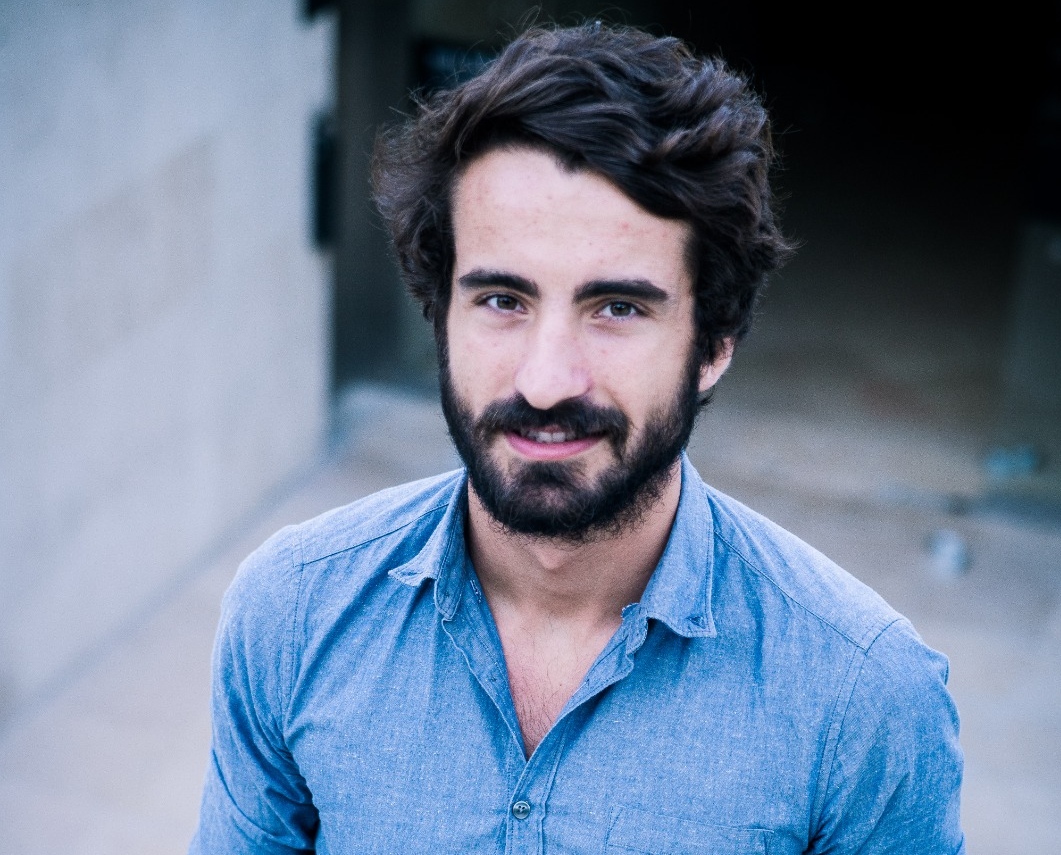
In recent times, several startups have launched to tackle aspects of this problem, and if Google Play Store’s records are anything to go by, these platforms are becoming more popular.
For Hainy, the aim of building Fairmoney is to take market share from cash and bring more Nigerians into the cashless economy.
“It’s not hard to outperform incumbents in terms of user experience and innovation, but the biggest competition we face is quite simple: cash.”
Despite the adoption of a wide range of electronic payments, cash remains king in Nigeria. A Statista 2020 survey indicated that 77% of 1,046 Nigerian respondents still prefer cash to other transaction methods. And the annual increase in the printing of money is a sign of its continued dominance.
“We can change this mindset by building good-enough products for people without bank accounts to come online. Lending or any other route could work in this instance,” Hainy argues.
A focus on Fairmoney
Hainy believes that most people building fintech companies tend to focus on the tech side of things with little regard for the financial aspect of operations. He states that Fairmoney can balance the quality of talent on the team with strategic hires.
Yaw Mante, who had worked with Barclays Bank, was hired to serve as Chief Financial Officer. It recently got Rohan Khara, former head of products of Indonesia’s Gojek, to become its Chief Products Officer (CPO).
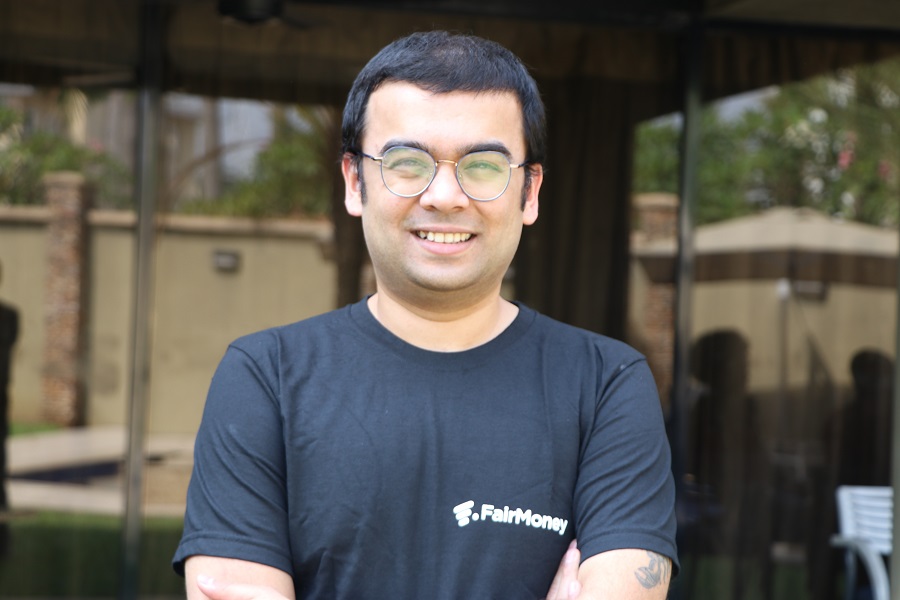
So far, the company has raised $11m in funding, which it closed in 2019. Fairmoney has operations in Lagos, Paris, Latvia, and now, India.
Why India?

Fairmoney’s expansion to India was done with little fanfare, and Hainy insists that it is the “Fairmoney way.” He says that the decision to expand to India was based on data-driven insights rather than sentiments.
“When we wanted to expand, people naturally thought we would go to Ghana, Kenya, or other major African countries. But our market research did not show enough evidence to support such a move. We needed to move to a location where there were huge economies for the market.”
Hainy explains that entering the Ghanain market would have attracted regulatory costs of up to $500,000 compared to $200,000 in India. While Kenya also seemed like a good choice, Hainy didn’t see how his startup could realistically compete with M-Pesa.
According to a World Bank report, Only 32.8% of Egypt’s 67 million population have a bank account. While Egypt might be a huge market, Hainy explains that it had stringent know-Your-Customer (KYC) requirements.
In India, however, there’s a more robust KYC system with Aadhaar, a government-led biometric identification system. In 2017, the Indian government reported that 1.15 billion people had registered for the service, making it the world’s largest biometric identification system.
For a lending company, this should be mouthwatering, with the country’s robustly developed payments sector the icing on the cake. In 2018, Finclusion reported that four in five Indian adults had a bank account.
“There’s a good credit landscape, the cost of customer acquisition was low, and regulations have all but banned the use of cash,” Hainy says.
Sounds good, right? But one important factor we must consider is that such a robust system would mean there are already digital lenders, neobanks, and other financial services providers already competing in the space.
Hainy acknowledges that, unlike in Nigeria, where Fairmoney wants to fight cash’s dominance, commercial banks, microfinance banks, and other digital players are the competition in this market.
“Our strategy is to lend to people with weak credit history. People that other traditional banks would be reluctant to lend to,” he explains.
With no marketing campaign whatsoever, the company claims it disbursed half a million loans in just six months in the Indian market. It all makes sense for a country with over a billion people and clearly shows there’s a much larger market to capture.
Lessons from the Nigerian market
On a concluding note, Hainy points out some similarities between the Nigerian and the Indian market, which have helped the company expand.
“The Nigerian market taught us lessons about using a data-driven and customer-centric approach to execution,” he says.
“In Europe, there’s one large customer group that thinks the same and wants the same things, but that’s not the case in Nigeria. If you travel from the north to the south in France, you’ll meet people with similar tastes, but that’s not the case in Nigeria.”
Adopting a data-driven approach seems like a no-brainer, but some experts agree that data availability and data access are problems in Nigeria. While much data is a gold mine for financial, if not all, institutions, a lack of data is a major challenge.
Fairmoney has been able to glean data from regulators and credit bureaus. It has also leveraged the services of API-fintech startups like Okra and Mono while gathering its own data that it contributes to the bureaus.
In Nigeria, Fairmoney offers loans ranging between ₦1,500 ($3.30) and ₦500,000 ($1,110.00), with annual percentage rates falling between 30% and 260%.
We’ve raised questions about such high-interest rates, and even Google threatened to kick apps with such high rates out of the Play Store. But Hainy argues that Fairmoney’s interest rate is due to higher default rates in Nigeria.
However, the company claims it has a non-performing loan ratio of less than 10%, and this number stayed steady during the pandemic in 2020.
“The most time people defaulted was during the lockdown when movement was restricted. That was when we realised how much people still relied on physical deposits and cash for their day-to-day transactions,” Hainy reveals.
The startup claims that it has moved from 100,000 users in 2017 to 1.3 million users in 2021, with 6.5 million loans disbursed.
With plans to acquire a commercial bank licence in the coming months, Fairmoney is looking to close a series B round to help achieve the task that comes with running a neobank in Nigeria.
According to Hainy, today, Nigeria is where India was five to seven years ago, and there’s enormous potential for growth which the company is looking to tap into.
Featured Image credit: Supplied.


